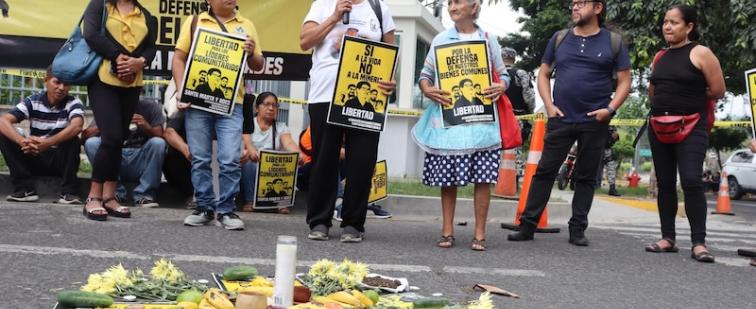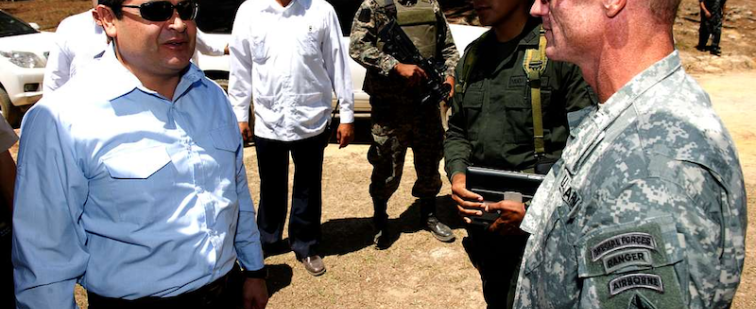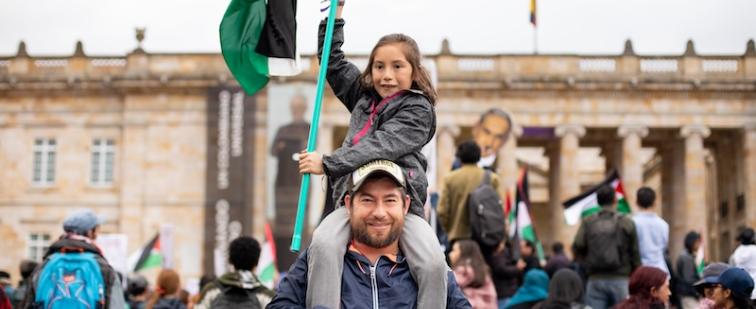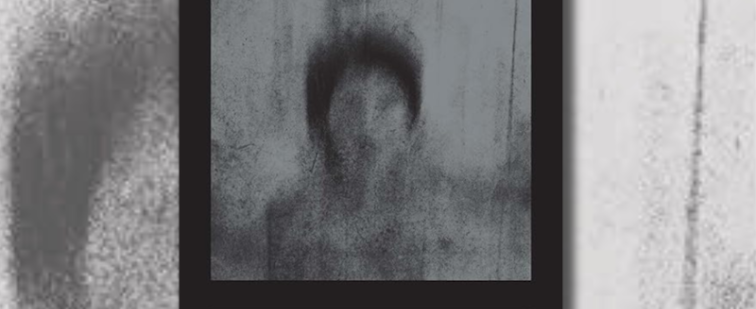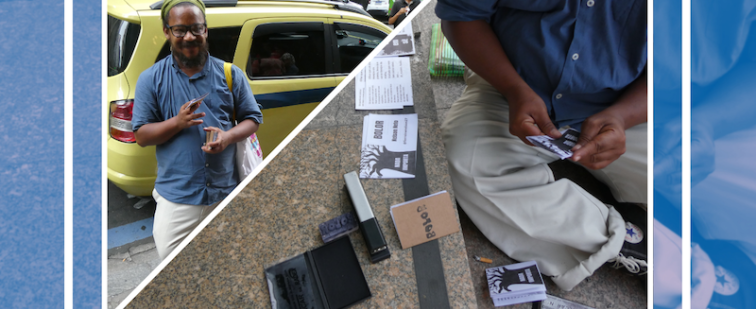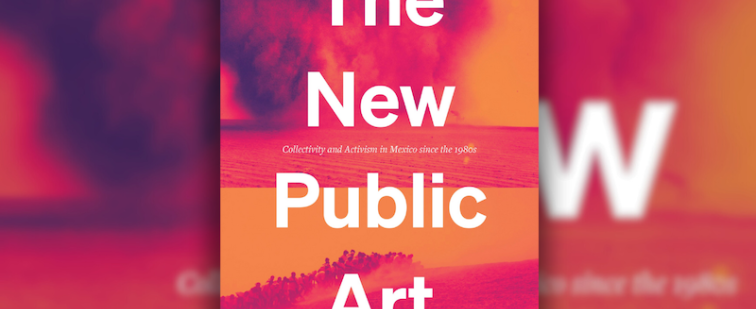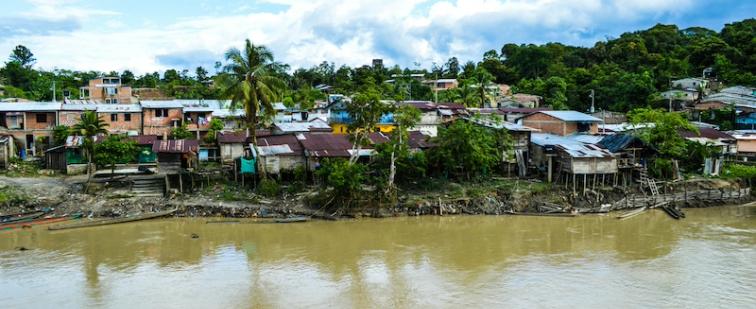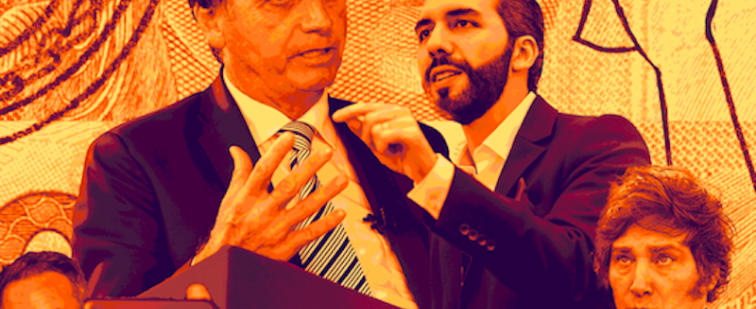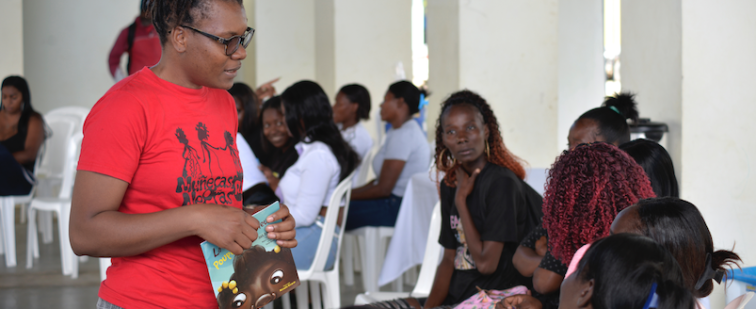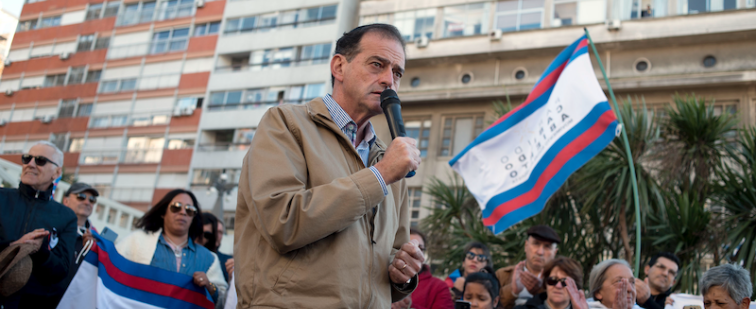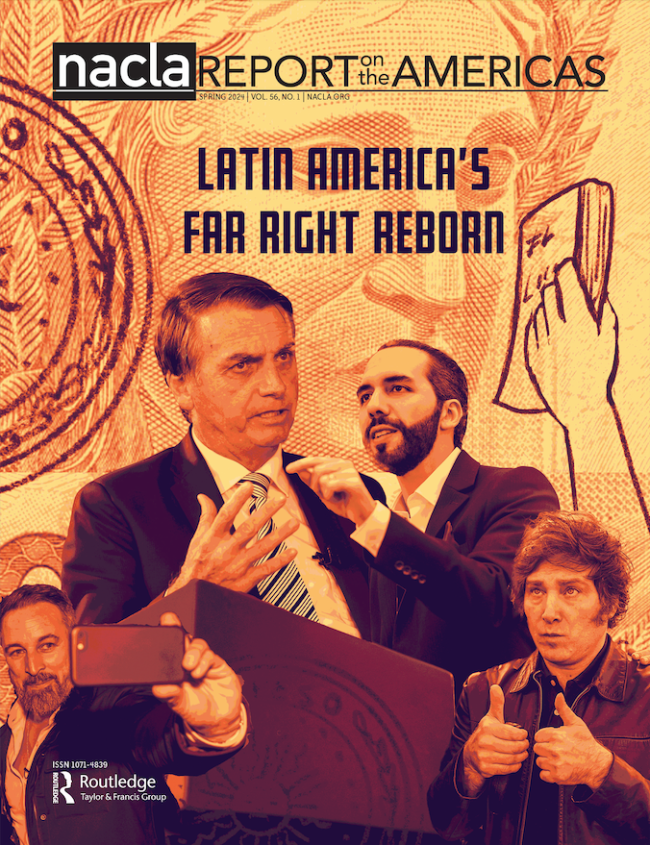Home
Forty-three years ago today, an organization calling itself the North American Congress on Latin America held its first public meeting at New York University’s Loeb Student Center. It was surely unforeseen by those present that, more than four decades later, the building that housed the meeting would have been torn down and replaced, but the organization would still be standing.
Eduardo Joly is a sociologist, wheelchair user, and President of Fundación Rumbos, a nongovernmental organization in Argentina that focuses on accessibility from a human-rights perspective. He is a founding member of the Disability Rights Network in Argentina and Visiting Professor and Researcher, Postgraduate Program on Disability, at the University of Buenos Aires Law School. He is also a former NACLA staff member, from the late 1960s to early 1970s.
In early September, NACLA invited Lesley Gill, Greg Grandin, Deborah Poole, and Mark Weisbrot to participate in a roundtable discussion on the question of proposing a progressive U.S. foreign policy agenda toward Latin America. What follows is an amended version of that conversation, moderated by NACLA director and publisher Christy Thornton.
A multinational mining company's suit against the Salvadoran government may be the opening salvo of a larger struggle against the consequences of free trade agreements in Central America. The legal battle could also have serious political consequences in the country's March 15 presidential elections.
Mexico's political metabolism seems to break out in insurgencies every 100 years on the 10th year of the century. In 1810, the country priest Miguel Hidalgo launched the struggle for independence from the Crown. In 1910, Francisco Madero ignited the fuse of the epoch Mexican revolution.
Any evenhanded comparison of the Colombian and Venezuelan governments’ human rights records would have to note that, though Venezuela’s record is far from perfect, that country is by every measure a safer place than Colombia to live, vote, organize unions and political groups, speak out against the government or practice journalism. But this new survey shows that, over the past 10 years, editors at four leading U.S. newspapers have focused more on purported human rights abuses in Venezuela than in Colombia, and their commentary would suggest that Venezuela’s government has a worse human rights record than Colombia’s.
Any evenhanded comparison of the Colombian and Venezuelan governments’ human rights records would have to note that, though Venezuela’s record is far from perfect, that country is by every measure a safer place than Colombia to live, vote, organize unions and political groups, speak out against the government or practice journalism. But this new survey shows that, over the past 10 years, editors at four leading U.S. newspapers have focused more on purported human rights abuses in Venezuela than in Colombia, and their commentary would suggest that Venezuela’s government has a worse human rights record than Colombia’s.
The Prop 8 fallout shows how much work remains to be done to connect the LGBT rights movement with other struggles for social justice. Unfortunately, it may have taken the brutal murder of Ecuadoran immigrant Jose Oswaldo Sucuzhañay to highlight the invisibility of queer people of color – particularly queer immigrants – in LGBT rights discourse. His murder will hopefully provide an impetus for coalition building.
In the presidential elections in March, an FMLN victory will rely heavily on stronghold neighborhoods like Mejicanos, where most people live in densely packed cinder block apartment buildings. As the bullet-pocked walls attest, the area was home to brutal fighting during El Salvador’s civil war that scarred the country from 1980 to 1992, and few residents here have forgotten.
After a total of three exchanges, Human Rights Watch gives a final response to critics of its report, "A Decade Under Chávez: Political Intolerance and Lost Opportunities for Advancing Human Rights in Venezuela." HRW says the the academics' last letter "essentially recycles previous allegations" that are unfounded.

